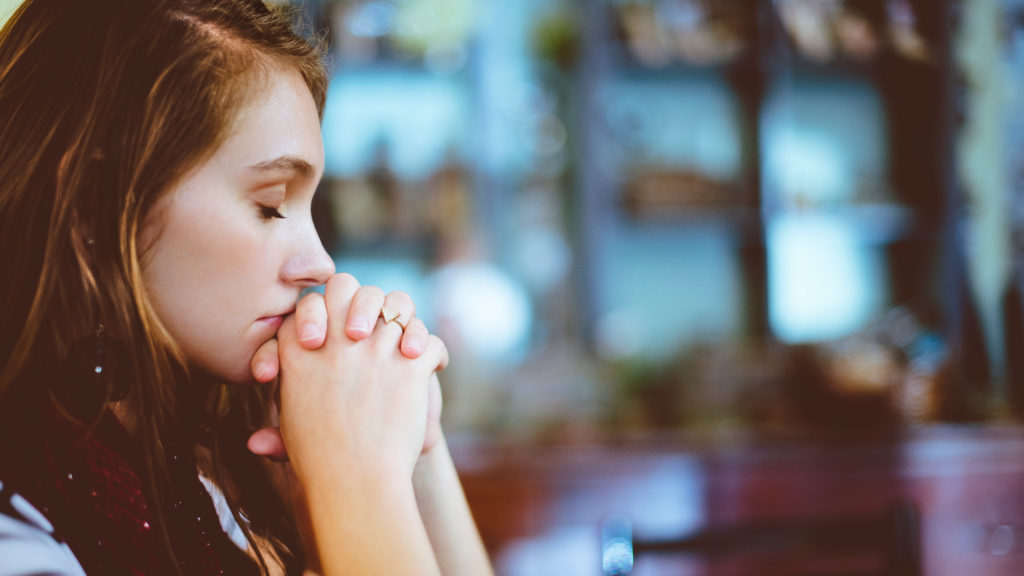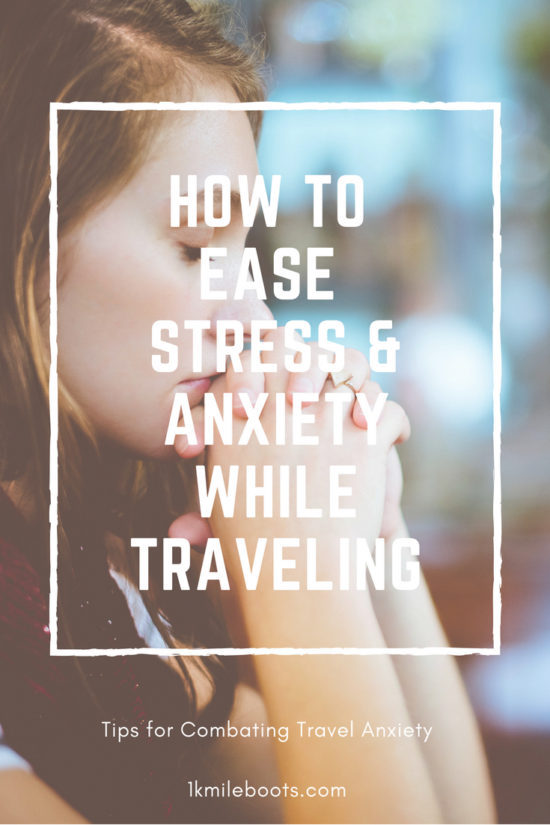It always begins with fear, distress and dizziness. Then there’s the feeling you’re surrounded by too much noise or too many people. Shortness of breath follows afterwards and suddenly your chest tightens. You squeeze your eyes, willing your breath to return to normal.
You’re in the midst of a panic attack.
Approximately 40 millions adults in the US have some form of anxiety, whether it’s general, social or set off by specific triggers.
Unfortunately, according to Anxiety and Depression Association of America, only 36.9% of suffers receive any form of treatment.
Traveling can be pretty stressful and it can become a nightmare if you have anxiety. You might not know where to go, how to communicate with people or how to get around in a new city – all of these things and more can induce some form of an anxiety attack.
I have anxiety, and panic attacks can become common while I’m traveling. I’ve even had them on the way to the airport!
I tell you this so that you will understand that the suggestions I give you below come from experience and should not be used as an alternative to proper medical care for mental health issues.
That being said, here are my suggestions for:
How to Handle Stress and Anxiety While Traveling
Attention: My post may contain Amazon affiliate links! As an Amazon Associate I earn from qualifying purchases.
Communicate with Your Travel Partner
Let Them Know You Are Anxious
If you can feel the anxiety coming on let your travel partner know. Communication is your most powerful tool when it comes to anxiety. If caught early, you and your travel partner can work on making the situation easier.
Ask Them to Provide Assistance If Necessary
While they might not fully understand what’s going on, direct your travel partner as to what you need in order to feel safe and calm. That can be something like a quiet space, helping you with breathing exercise, giving reassurance or just providing small-talk & jokes as a distraction.
I find laughter to be an amazing anxiety and stress reliever. I’m very lucky my husband and travel partner is really good at it.
Understand Your Triggers
After you’ve had an episode or panic attack, try to assess what set it off – keep a running list if necessary. By understanding and knowing your triggers you can try to lessen the impact they have on you.
Triggers can include:
- Hunger
- Fatigue
- Overstimulation
- Large crowds
Once you know these what your triggers are, share this information with people you feel comfortable with. This way, they can take precautions to make travel easier.
Trust Your Travel Partner Has Your Back
People tend to travel with a companion, usually a friend or family member, so having support is always there.
This can be difficult if you’re traveling solo or with someone you don’t have a close relationship with, like a school group or a coworker. If that’s the case, try breathing exercises and calming meditation to help ease yourself back into a calm state.
It’s also best to let your group leader know you have anxiety. Don’t feel like you have to be secretive about it – anxiety is common and your guide may have been trained to help you.
Plan Ahead and Be Prepared
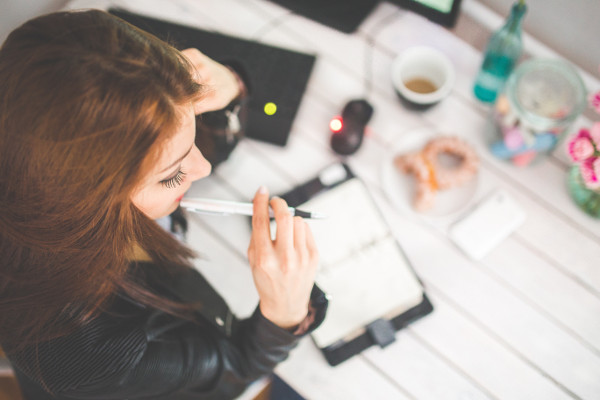
Make Sure to Cover All Your Bases
Being overly prepared is much better than being under-prepared. Perhaps it’s my years of camping & backpacking that has taught me this but having your bases covered always makes me feel more confident about my trip.
If you’ve read my post about preparing for your flight, you’d see that there are several things you can do to be prepared including double checking your itinerary, purchasing medical and trip insurance taken and providing someone close with your trip details.
Related: The Most Important To-Do List Before Your Flight
Keep Detailed Records and Print Out Tickets
Some people will become panicked if they cannot find their ticket. By keeping both physical and digital copies of tickets, itineraries and visas, you can diminish the likelihood of something like this happening.
I love using TripCase and Google Drive to handle things like tickets and my itinerary. They’re both easy to use and you can download everything so it’s easier to access if you don’t have WiFi.
Allocate Plenty of Time for Transportation
Give yourself enough time to get to the airport and choose a flight that allocates a decent amount of layover time so you can easily catch your next flight.
Stressing out because there’s traffic on the road or massive security lines will not help to ease you away from anxiety. You cannot control what happens around you but giving yourself ample time will certainly help you with how you react to those stressors.
Also, if you miss your flight due to delays or weather, most airlines will either reimburse you or move you to another flight.
Turbulence Can Agitate Anxiety
I get hit hard with this one as I’m a nervous flyer and become anxious at any bit of bumpy movement. I’m usually that person looking around the cabin with wide eyes, gauging everyone else’s reaction.
Normally I’m met with weird looks which, although doesn’t help me feel 100% better, does remind me that turbulence is a normal part of flying.
And flying still remains the safest form of transportation.
When turbulence does occur, I usually turn to my partner for some reassurance and idle chit-chat until the bumping has passed. For me, this always works.
Bring a Comforting Item or Two With You
Whenever I travel to somewhere new I like to bring something comforting with me. Sometimes that’s a warm scarf that smells like home or my favorite perfume.
Find something that you love, something that evokes happy or calming memories, and bring that with you. Just remember to keep it small so it’s easier to carry.
Whenever you feel anxious or stressed out, pull out that item and know that you’re safe.
Make Sure to Take Care Of Yourself
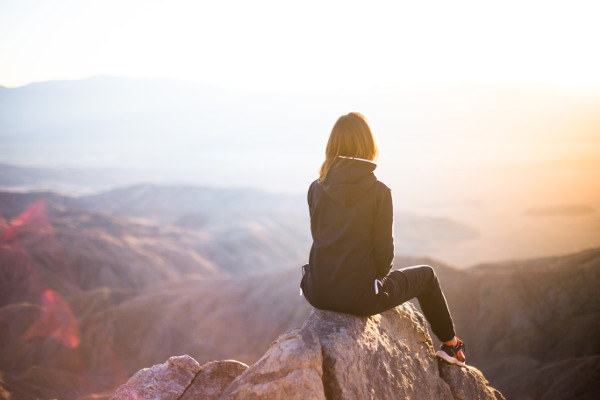
Get Plenty of Sleep the Night Before
Though it might be difficult, getting 8 hours of restful sleep the night before your trip can really help with anxiety. According to Anxiety.Org, Sleeps allows your body to recharge, heal and relax – all of these help with reducing stress and anxiety.
When Alex and I traveled to Morocco (my first international trip), I didn’t sleep the night before or during our flights. Basically, I went 30+ hours without sleep!!!
That made me irritable and every little thing caused me distress. I ended up having half a dozen panic attacks in just a span of days. Not my idea of fun.
Try gentle yoga, reading or drinking a calming tea. Talk with your doctor before taking any sleep aids.
Eat a Nutritious (Not Heavy) Meal
Eating a light, healthy meal not only helps to keep hunger pains away but also provides your body with the fuel it needs for travel. And if you’ve ever been hangry before, you know that it can lead to confusion, irritability and fatigue.
This is why having small snacks or a light meal can set you on the right path for travel.
I like to eat a protein rich meal, like scrambled eggs, before heading to the airport and then refuel with snacks like apples, salted cashews, trail bars and gummies.
Related: Long-Haul Survival List
Splurge on a Treat
You’re heading out on vacation, why not grab a little extra treat to make the flight more enjoyable? Perhaps it’s your favorite gummies, or a new movie downloaded to your tablet or even a gossip magazine!
Chocolate is my go-to treat for a long flight. I don’t just get any normal chocolate, I splurge on the higher quality stuff and make sure to savor every bite.
If you’re a choco-holic like me, grab some delicious dark chocolate which contains antioxidants and is better for you than milk chocolate.
Of course, whatever your treat may be, moderation is key.
Staying Hydrated is Extremely Important

Planes are Notorious for Being Dry
Ever get up in the air and noticed that your lips are chapped or your hands are dry? Planes are notorious for having dry air. This is because the air is recirculated throughout the cabin – basically, there’s no fresh air. Ew!
This means you will need to drink more water than normal while flying. Keeping hydrated is extremely important to your body and mental health. When you become dehydrated you being to feel dizzy or faint which can trigger a panic attack.
Avoid Caffeine and Alcohol if Possible
During flights, particularly long-haul or international flights, coffee and wine are free…and in abundance. While it might be tempting to have one or the other with a meal, those who suffer from anxiety are better off without.
Not only will both dehydrate you, they’ll also increase your heart rate which can lead to increased anxiety.
Too Late, Here’s A Panic Attacks
If you’re in the throws of a panic attack, and you cannot calm down, it may better to let the episode run its course. Most panic attack only last a few minutes and subside quickly – although it leaves you shaky.
By fighting the attack you might be delaying your body’s ability to calm yourself down.
Try Calming Yoga & Meditation
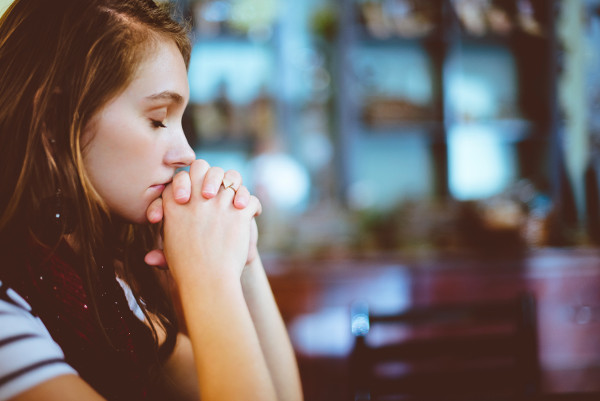
Middle Seat Yoga
You’ve heard that yoga is a pretty good workout but it’s also really calming and restorative for your mind & spirit. Gentle yoga helps your body to release stress and tension which reducing the heart rate and increasing good chemicals in the brain like endorphins.
If you’re on a plane, doing yoga might be a little difficult but not impossible.
Try twisting your torso to the left and right, holding for a few breaths and then slowly releasing. You can also bend your head forward, gently placing your hands behind your head to increase the stretch. Breathe through your mouth, not your nose.
Be sure to not stretch too far so you don’t injure your neck – you want a gentle, relaxing stretch.
Another great stretch is to stand in the aisle (perhaps while waiting for your seatmate to come back from the lavatory?) and bend forward, allowing your head, neck and arms to be loose. Try reaching for your toes, if you can, but otherwise, hang loosely.
Do this a for a few breaths and slowly roll back up, one vertebrae at a time so you do not become dizzy.
Meditation and Breathing Exercises
Breathing is essential for humans, we all know that, but learning to control your breath may help save you from a panic attack. At least it will help to calm your nerves and slow your heart rate.
What I try to do is visualize a balloon inside my belly. I inhale slowly for 8 seasons, letting the balloon of my belly grow larger, hold it for 3, and then release it for 8 seconds so it deflates.
Meditation is also a great way to relieve anxiety but it does involve some practice. While there are plenty of meditation methods, no one way is right for each individual so try whichever methods work best for you!
One method I like uses imagery. Begin by closing your eyes and imaging a safe, peaceful place: perhaps a beach with calming waves or a sunny meadow. Try tuning out everything around you. If you’re having a hard time, find a more quiet spot and repeat the process again.
In your safe place, imagine your are floating or at complete peace. When you feel comfortable, open your eyes and hold onto that feeling.
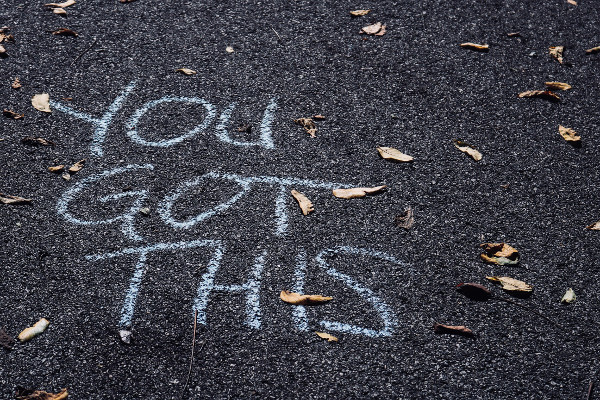
I hope these suggestions will help you the next time your anxious or stressed. I do my best to explain anxiety but the experience isn’t the same for everyone and it’s definitely frustrating to explain to someone who doesn’t have anxiety.
Though I have anxiety, I don’t let it control my life or my travels. I don’t let it set me back because I know I can control it with practice and help.
Just remember that your anxieties and feelings are valid, even if no one else understands. You’re strong and you will get through it.
Have a suggestion on how to handle travel anxiety? Leave a comment below!
